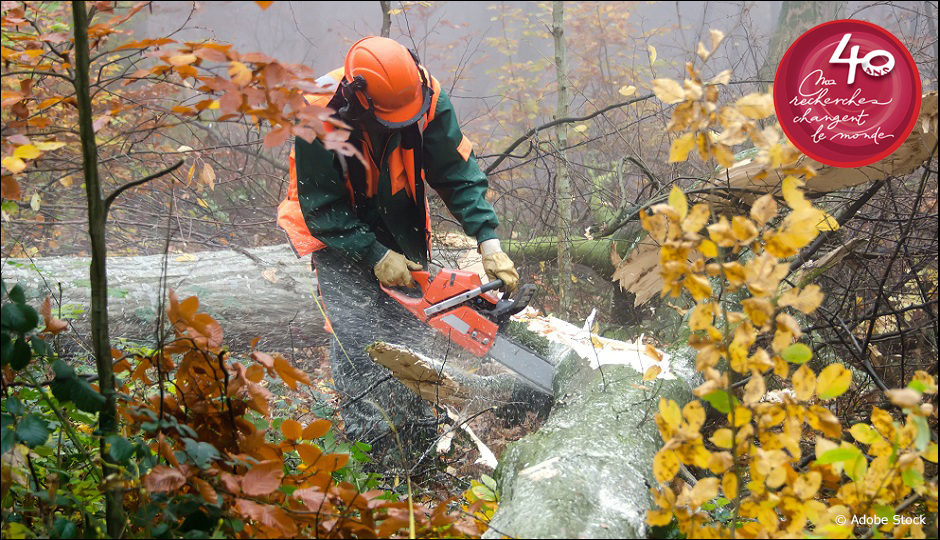
Québec’s natural resource sectors are affected by labour shortages. At the same time, many Indigenous communities are interested in participating more in the economy of their region.
In this context, a multidisciplinary research team directed by professor Jean-Michel Beaudoin from Université Laval carried out a study to better understand the factors that influence Indigenous participation in the labour market.
This research identifies potential solutions for creating culturally relevant and safe environments for Indigenous workers.
A survey was conducted among 127 Québec forestry sector employers, including 18 Indigenous employers. In addition, employers in the mining, forestry and fisheries sectors were interviewed to document their attitudes and behaviours towards Indigenous employees, as well as their measures to value the cultural diversity of their workers.
The results of the research identify potential solutions for creating culturally relevant and safe environments for Indigenous workers. These include providing personalized follow-up, implementing a mentorship program, and hiring liaison officers to help with recruitment in communities, labour relations and career advancement.
Il is also necessary to promote intercultural understanding by offering training to all employees on Indigenous cultures and realities. Although the contexts vary from one sector to another, the results show that the recruitment, integration and retention of Indigenous employees are positively influenced by Indigenous ownership of the company, by agreements between companies and Indigenous communities, and by legal and statutory duties.
With the results of this study, which have been summarized in a table of good practices, it is now possible to design more effective strategies for the recruitment, integration and retention of Indigenous workers in natural resource sectors.
Main researcher
Jean-Michel Beaudoin, Université Laval
Please refer to this page for the different reports by field: https://www.foresterieautochtone.ulaval.ca/attitudes-et-comportements
Deposit of the research report: February 2019
